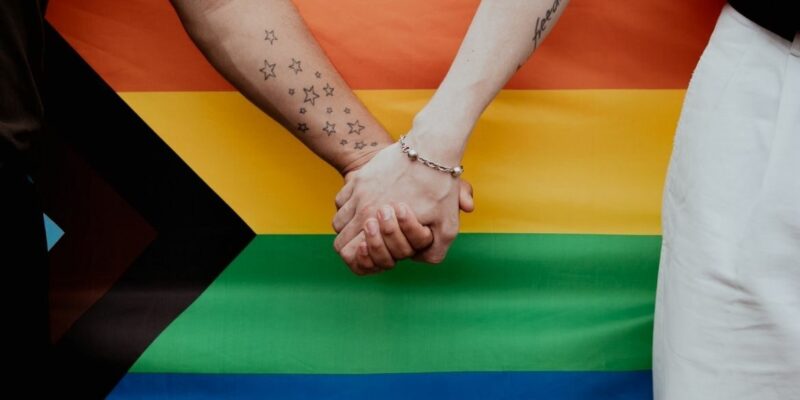When looking for a therapist, it’s important to find someone who not only understands your challenges but also respects and supports your identity. For individuals in the LGBTQ community, finding an LGBTQ friendly therapist who is genuine and trustworthy can make all the difference in feeling comfortable and understood. But how do you know if a therapist is truly LGBTQ-friendly? Let’s explore the key qualities to look for.
1. Respect for Your Identity
A key trait of any LGBTQ-friendly therapist is respect for your gender identity and sexual orientation. They should approach your identity with openness and without judgment. They won’t make assumptions about who you are or question your identity. Instead, they will ask respectful questions to understand you better. The therapist should honor the pronouns you use and address you with kindness and understanding.
2. Experience with LGBTQ Issues
It’s important to choose a therapist who has experience working with the LGBTQ community. A therapist with experience will be familiar with issues such as coming out, discrimination, family dynamics, and navigating relationships. They’ll understand the unique challenges that LGBTQ individuals face and offer guidance that reflects those experiences. You want someone who knows the ins and outs of the struggles you might face and can help you overcome them.
3. Open Communication
A great LGBTQ-friendly therapist will create an open and comfortable space where you feel safe to express yourself. They will listen to your concerns without interrupting and will validate your feelings. Whether you’re discussing a personal issue or dealing with stress, they should be approachable, kind, and willing to work through your challenges with you. Open communication is essential to building a trusting relationship with your therapist.
4. Non-Judgmental Attitude
Feeling safe is essential when talking to a therapist. LGBTQ-friendly therapists will not judge you for your feelings, experiences, or identity. They are there to listen, guide, and support you without criticism. They will make sure that every session feels like a safe space for you to share your thoughts, worries, and experiences. This is crucial in building the trust needed for effective therapy.
5. Knowledge of Affirming Therapy Techniques
An LGBTQ-friendly therapist should be knowledgeable about affirming therapy techniques. Affirmative therapy is a therapeutic approach that focuses on supporting LGBTQ individuals in a positive, empowering way. This includes helping you explore your identity, addressing issues like internalized homophobia or transphobia, and building self-esteem. The therapist should use strategies that support and uplift you, making sure you feel heard and valued at every step of the process.
6. Sensitivity to Intersectionality
LGBTQ people don’t have just one identity; they have many parts that make them who they are. For example, an LGBTQ person may also be a person of color, disabled, or come from a low-income background. A good therapist will understand how these different parts of your identity interact and may offer different approaches depending on your unique needs. They should be sensitive to all aspects of your identity and not treat one part as more important than another.
7. Comfortable with a Variety of Sexualities and Gender Identities
A therapist who is LGBTQ-friendly will be knowledgeable and comfortable discussing all sexualities and gender identities, from gay, lesbian, bisexual, and pansexual, to transgender, non-binary, and genderqueer. They should understand the spectrum of sexual and gender identities and provide a non-judgmental space to explore them. This flexibility and understanding are key in helping you feel comfortable during sessions.
8. Availability of Online Therapy
Many LGBTQ individuals prefer the option of therapy that they can access from the comfort of their own space. LGBTQ online therapy offers flexibility and convenience. It’s an option that many therapists now provide, especially since it can help individuals in rural areas or places where finding an LGBTQ-friendly therapist may be difficult. Online therapy provides a safe, private environment to talk, and it’s often just as effective as in-person sessions.
End Summary
Finding the right LGBTQ-friendly therapist is essential for your mental well-being. Look for someone who respects your identity, has experience with LGBTQ issues, and provides a safe, supportive space for you to share and grow. Remember, a therapist who is well-versed in affirming therapy techniques and has a non-judgmental attitude can help guide you through any challenges you may face. And if in-person sessions aren’t the best fit for you, consider exploring LGBTQ online therapy options. The right therapist will support you on your journey to self-discovery and healing.
